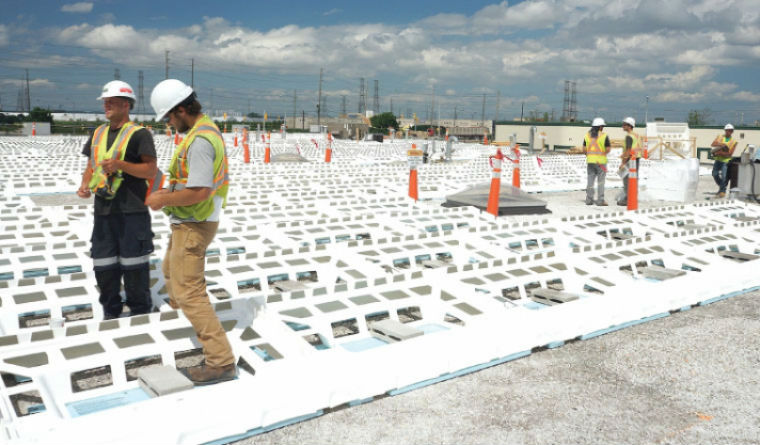
SolarShare based in Ontario is a renewable energy co-op with 1,500 members. As a co-op, it runs on what it calls “democratic finance,” as well as democratic decisions. Learn more here.
Curator’s Note: The Reimagining Democracy blog series by Peter Pula continues with an exploration of six key elements of a reimagined democracy. In this blog, Peter writes about two of those elements: citizen-led community building and democratic workplaces. The remaining two blogs consider an additional four elements: unleashing local capital, unleashing pent-up capital, schools and inclusive and Generative Journalism for a new narrative. To read Part 1 in this series, click here.
One of the challenges we face in realizing a reimagined democracy is the force of narrative. The dominant narrative, the one purveyed by mainstream media, corporate communications, and political campaigns, is for the most part an institutional narrative. It isn’t really for or by the grassroots at all. It doesn’t tell our stories, it doesn’t much illuminate or consider associational life. In that sense, the dominant narrative is repetitive and repressive.
There is another Peterborough (or Cincinnati or Salmon Arm or Iqaluit). There is another story. And, it isn’t just happening here.
| When you consider how much time we spend at work it stands to reason that, if our workplaces were democratic, more of us would be trained up in our agency and understanding of deeper democracy. | |
Associational life and deeply democratic approaches to community, livelihood, lifelong learning, environmental stewardship, and food, to name a few, are alive and well all around the world.
For 15 years, my colleagues at Axiom News were on a search to tell stories that illuminated and appreciated the value of generative, grassroots, and deeply democratic efforts around the world. What we encountered offers some direction about the elements of a reimagined democracy.
Citizen-Led Community Building
In Europe in particular, there is a sense that the state is in retreat or has come to recognize the limits of its usefulness. Additionally, there is the sense that too much of community life is reliant upon institutionalized programs and professional services.
In Bregenz, Austria, there is an Office of Future Related Matters. This office has had, for 10 years, the mandate to answer any call to host a community conversation about something that is important to citizens or elected officials.
The creation of citizen hubs or citizen studios as places for an association of associations and citizens is an attractive prospect and there are examples sprouting up around the world.
Democratic Workplaces
The amount of work that has been done on this is mind-boggling. Democratic workplaces are a fascinating field of action and study. Democratic forms of governance, ownership, and operations are myriad. Employee-owned firms are far less likely to be transient. They are rooted locally, owned by the people who work in them, and perform better than publicly traded firms for longevity, rootedness, employee retention, wage rates, and profitability.
Co-operatives are not to be ignored either in our thinking. According to the International Co-operatives Association, “the world’s top 300 co-operatives represent a global turnover [revenue] of 2.1 trillion USD. They generate partial or full-time employment for at least 280 million people either in or within the scope of co-operatives, making up almost 10 per cent of the entire employed population.”
There is a highly competent network of legal and advice support systems for co-operatives. Co-operatives are a form of deep democracy and have been formed by communities in Canada for decades to enact important functions in community.
When you consider how much time we spend at work it stands to reason that, if our workplaces were democratic, more of us would be trained up in our agency and understanding of deeper democracy.
A society of democratic organizations is a more deeply democratic one.
This blog is Part 2 of a 4-part series on the topic of reimagining democracy. Upcoming segments explore additional elements of a reimagined democracy. To ensure you don’t miss any of this content, sign up for the free Axiom News e-news by clicking here.
Reimagine Democracy Blog Series, Blog 1: “Beyond Voting: It’s Time to Reimagine Democracy.”





